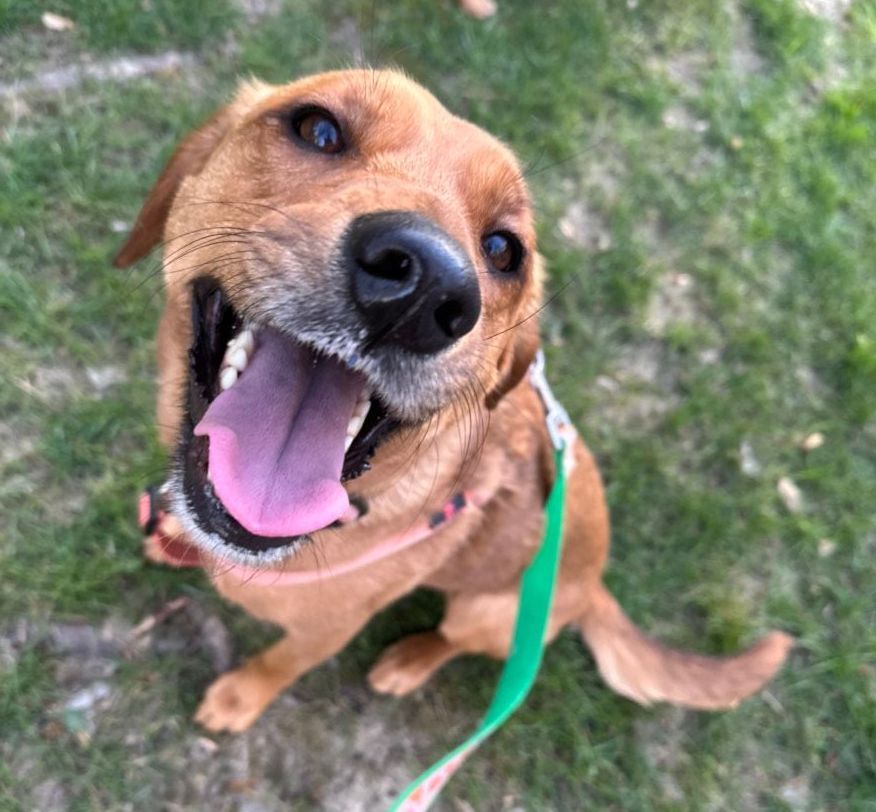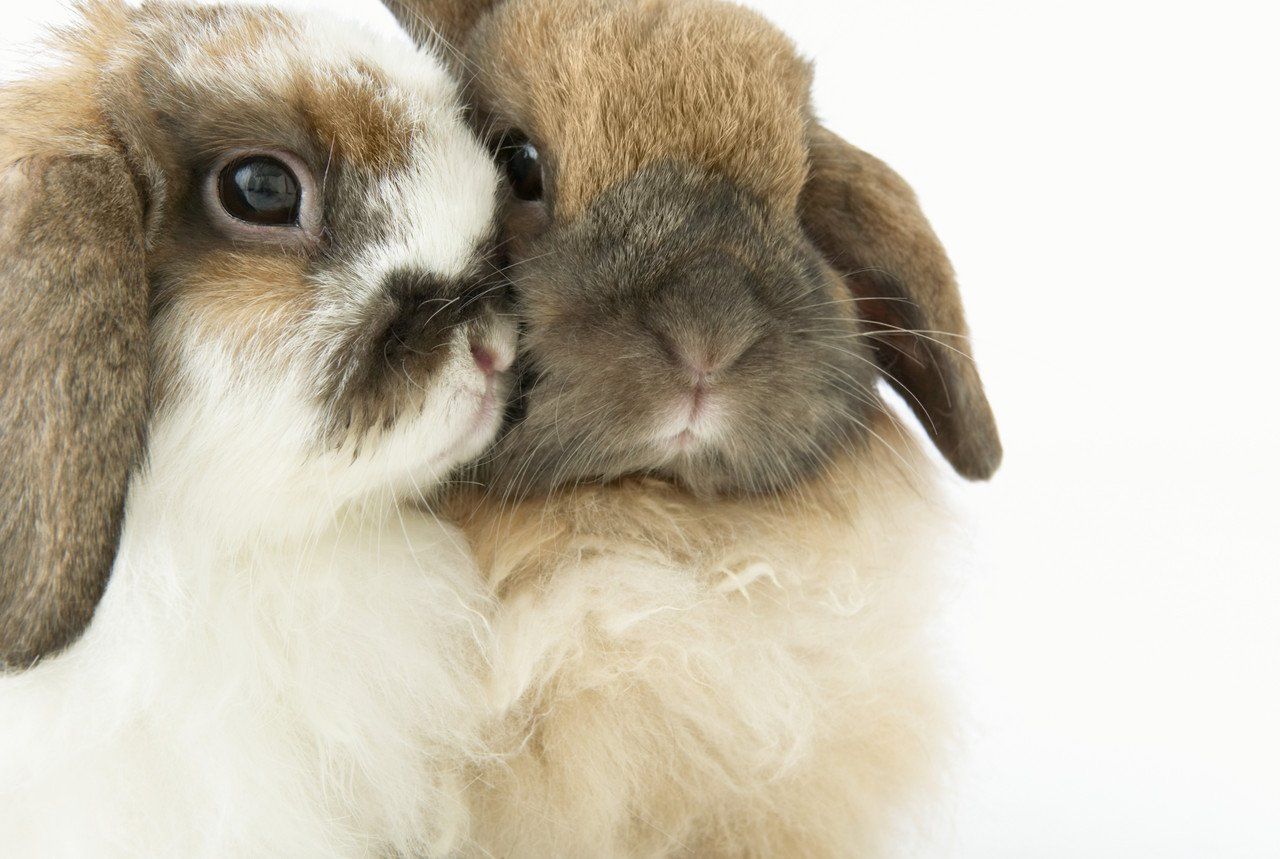Hooman On Demand
Dog walking & pet sitting in Raleigh, NC
Some Dog Friendly Fall Festives!
- 9/17 8am-12pm
Canine Con "Harry Pawter"
Location: Grigsby Avenue, Holly Spring NC 27540 Suggs Farm at Bass Lake
Bring your furry friends to the park and experience a dog themed event with professional dog themed demonstrations, agility course demos, pet vendors, local rescues, rabies and micro-chip opportunities for your pup and last but not least FOOD TUCKS!!
Don't forget to put on your costume and dress up your dog in wizard/ witch attire!
- 9/17 11am-2pm
Happy Hour at the Dog Park
Location: Dorothea Dix Dog Park
Join us this afternoon of four legged-fun! With local pet vendors, live music and beer don't eat before coming because there will be FOOD TRUCKS!! You can RSVP for important info and weather alerts.
- 10/09 12pm-3pm
Pup-O-Ween at Fortnight Brewing Company
Location: Fortnight Brewing Company
This isn't a trick we know your dog loves treats! With several pet vendors attending and several treats and giveaways for your furry friends, it is no wonder why everybody is coming to Fortnight Brewing Companies Pup-O-Ween festival. Make sure that your dog is dressed up in full costume attire because Fortnight Brewing Company is hosting a Halloween costume contest!
- 10/29 9am-1pm
Pawsitivley Spooky Run and Pet Fest
Location: American Tobacco Trail- White Oak Entrance 1305 White Oak Church Road Apex, NC 27523
A 5k run, a costume contest for humans AND PETS! And a pet festival! Trick or treating for hoomans AND PETS! Food trucks will be present!
Get your tickets
- 12/03 1pm-4pm
Pictures with Santa Paws
Location: Vicious Fishes Apex in Apex, NC, US
Bring your pup to take pictures with Santa Paws! All proceeds will go to Triangle Beagle Rescue of NC
Fall Safety Tips
List of Services
-
Less DaylightList Item 1
The fall season is approaching. As days get shorter and nights get longer you will notice that there will be less visibility outside in the early evenings. With less visibiliy during a dog walk there is a higher probability of passing vehicles not being able to see your fur-baby. One of the easiest ways to protect your pet is to use reflective gear. We have found that collars, leashes or vests work great for this!
So the next time you are out shopping and get the urge to grab your dog a treat or toy, get your pup some refelctive swagger.
-
Cooler WeatherList Item 2
Hoomans that have arthritus arleady know that the cooler weather worsens the symptoms. The same goes for your pets as colder temperatures cause the sypmtoms of arithritus to flare in them too!
There are many ways to reduce the impacts of arthritus in your pet.
Manage your pet's weight. Lots of excersize and dietry restrictions can help with this!
Heat pads and ice packs help to reduce the symptoms of arthritus in your pet. Heat pads can help reduce pain and joint stiffness while ice packs will limit the production of inflammatory chemicals in your pet.
Get your pet some warm weather swagger! During cold dog walks or outside time, pets with arthritus need jackets to keep them warm!
-
Wild AnimalsList Item 3
Snakes: We are entering the season where snakes are preparing for hibernation. Most snakebites happen between April and October because they are most active during this period of time.
If you fear that your pet has been bitten by a snake it is imporant to get a photo of the snake so it can be identified by your vet. Contact your vet ASAP.
Skunks: Kits or baby skunks are very active in the fall season as they are born in the spring time and are growing older and getting braver. Kits start to venture off to explore and find food without their parents in the fall season.
If your pet is sprayed by a skunk it is important to flush its eyes if irritated, remove oil from its coat ASAP using tomato juice and then to bath your pet in hydrogen peroxide, baking soda and dawn dish soap. Contact your local Vet.
Racoons: Racoons are super active in the fall as they begin to search for their hibernation dens. They have been known to hibernated in chimneys, crawlspaces and even underneath porches!
-
Toxic MushroomsList Item 4
With damper/ cooler weather it is important to keep a look out for toxic mushrooms in your yard or while you are walking your dog. Not all mushrooms are toxic infact most of them aren't at all but there are over 10,000 different species of mushrooms so it is safer to avoid all of them!
When you see mushrooms blooming in your yard its because they have bloomed from fungi that have been already living underground. Just like flowers bloom or fruits blossum from trees, mushrooms "bloom" from fungi.
Mushrooms's ideal temperature for growth is between 50-60 degrees F and prefere damp/ moist conditions. A way to avoid mushroom or fungi growth in your backyard is to avoid watering plants a grass in the evening as the water has a harder time evaporating in cooler conditions.
Symptons that your pet has injested toxic mushrooms:
-Vomiting or diarrea
-Constipation
-Coma
-Ptyalism or drooling
-Dizziness
-Hallucinations
-Seizures
-Dehydration
If you suspect that your dog has injested mushrooms it is imporant to identify the species and the amount consumed. Contact the ASPCA Poision Control Center (888) 426-4435 or your Emergency Vet
-
Fall Allergins
With the weather and temperature changing your pet's immune system is adjusting too! It is important to keep an eye on your floof for possible irritations and allergies.
Some Allergy Symptoms:
-Skin itchiness/ scritcy scratchies
-Stomach problem (pee-ew!)
-Redness or irritaiton in the skin
-Sneezing
-Hair loss
-Watery eyes
The most common plants and fungi that rease alergens into the air during the fall months are mold and ragweed.









